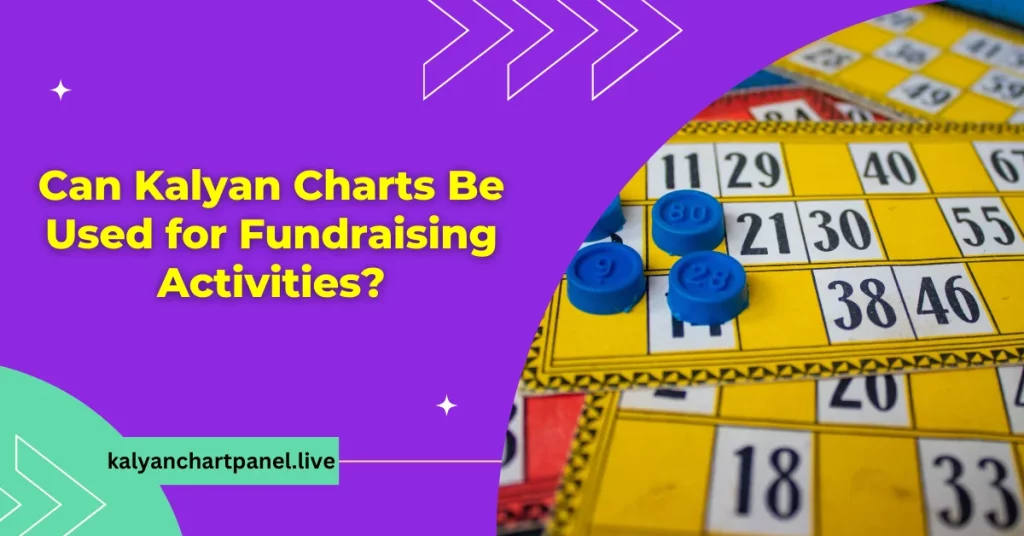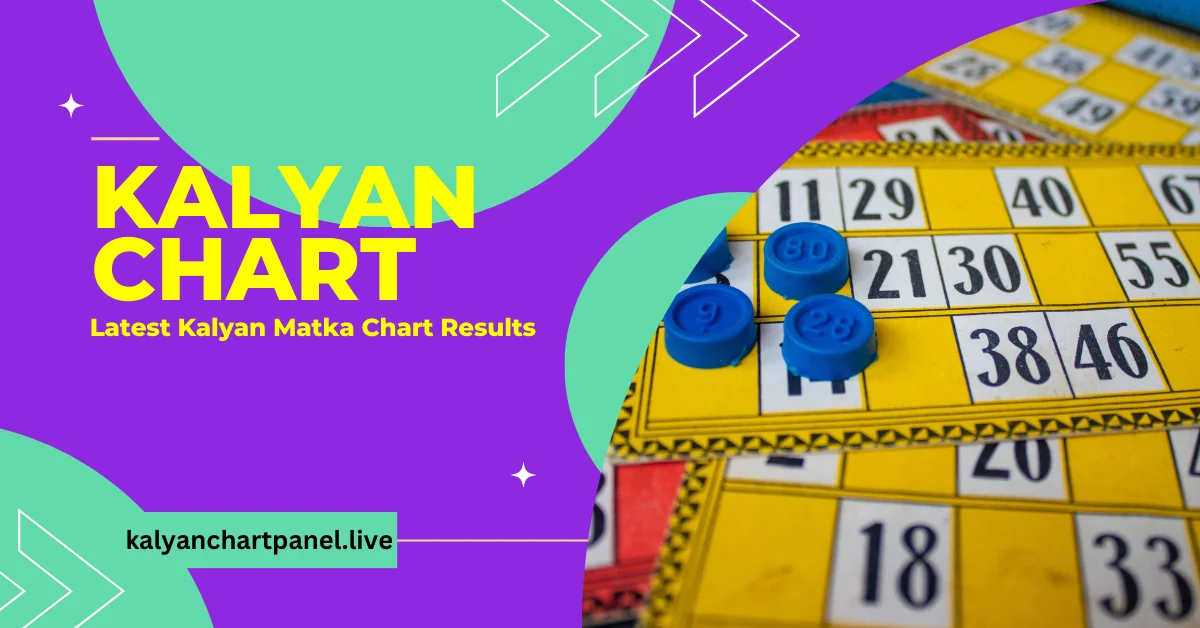Fundraising plays a crucial role in charitable organizations and community projects. As nonprofits and social initiatives seek innovative ways to engage donors and generate support, some have wondered about the potential use of Kalyan charts for fundraising activities. This article explores the concept, its implications, and ethical considerations.
Understanding Kalyan Charts
Kalyan charts are primarily associated with a form of lottery or gambling popular in certain regions of India. These charts typically display numbers and patterns used in games of chance. While they originated in Kalyan, a city in Maharashtra, their use has spread to other areas.
The Fundraising Landscape
Fundraising encompasses a wide range of activities designed to generate financial support for various causes. Common methods include:
- Direct appeals
- Events and galas
- Online crowdfunding
- Grant applications
- Corporate sponsorships
Organizations continually seek creative ways to attract donors and maintain their interest. This drive for innovation sometimes leads to unconventional ideas.
Can Kalyan Charts Be Adapted for Fundraising?
The short answer is that it’s complicated. While the idea of using Kalyan charts for fundraising might seem novel, several factors must be considered:
Legal Implications
The use of gambling-related activities for fundraising is heavily regulated in many jurisdictions. Kalyan charts, given their association with lottery-style games, could violate local laws. Organizations considering this approach must thoroughly research and comply with all relevant legal requirements.
Ethical Considerations
Fundraising activities should align with an organization’s values and mission. Using methods associated with gambling may conflict with the ethical standards of many nonprofits and their supporters. It’s essential to consider how such an approach might impact the organization’s reputation and relationships with stakeholders.
Effectiveness and Sustainability
While novelty can initially attract attention, the long-term effectiveness of using Kalyan charts for fundraising could be better. Sustainable fundraising strategies typically focus on building lasting relationships with donors based on shared values and transparent communication about impact.
Alternative Approaches
Instead of directly using Kalyan charts, organizations might consider adapting certain elements for more conventional fundraising activities:
- Number-based raffles: Implement legal, registered raffles with clear rules and transparency.
- Pattern-inspired games: Create engaging, non-gambling games that use visually appealing patterns to attract participation.
- Educational events: Host informational sessions about the cultural significance of Kalyan charts while promoting the organization’s cause.
Best Practices for Ethical Fundraising
Regardless of the methods chosen, certain principles should guide all fundraising efforts:
Transparency
Be clear about how funds will be used and provide regular updates to donors.
Accountability
Maintain detailed records and be prepared to share financial information with stakeholders.
Respect for Donors
Protect donor privacy and honour their preferences regarding communication and recognition.
Alignment with Mission
Ensure all fundraising activities reflect the organization’s core values and objectives.
Compliance
Adhere to all relevant laws and regulations governing nonprofit organizations and fundraising.
FAQs About Fundraising and Kalyan Charts
Q: Are Kalyan charts legal for fundraising?
A: The legality varies by jurisdiction. Always consult local laws and regulations before considering such methods.
Q: What are some risks of using Kalyan charts for fundraising?
A: Risks include legal issues, ethical concerns, potential damage to organizational reputation, and alienation of supporters.
Q: Are there safer alternatives to using Kalyan charts?
A: Yes, organizations can explore legal raffles, themed events, or educational programs that draw inspiration from charts’ visual appeal without the gambling element.
Q: How can organizations ensure their fundraising methods are ethical?
A: By prioritizing transparency, accountability, and alignment with their mission and by seeking guidance from fundraising professionals and legal advisors.
Conclusion
While the idea of using Kalyan charts for fundraising may seem innovative, it comes with significant legal, ethical, and practical challenges. Organizations are better served by focusing on established, ethical fundraising methods that align with their values and build long-term relationships with supporters.
Effective fundraising is about more than just generating funds; it’s about fostering a community of engaged supporters who believe in the cause. By prioritizing transparency, accountability, and meaningful engagement, organizations can create sustainable fundraising strategies that stand the test of time.
As the nonprofit sector continues to evolve, innovation in fundraising remains important. However, this innovation should always be balanced with ethical considerations and a commitment to the organization’s core mission. By staying true to these principles, charitable organizations can continue to make a positive impact while maintaining the trust and support of their donors and the broader community.
Remember, the most successful fundraising efforts are those that generate financial support while also educating and inspiring donors about the cause they’re supporting. Whether using traditional methods or exploring new approaches, the focus should always be on creating meaningful connections and driving positive change.






